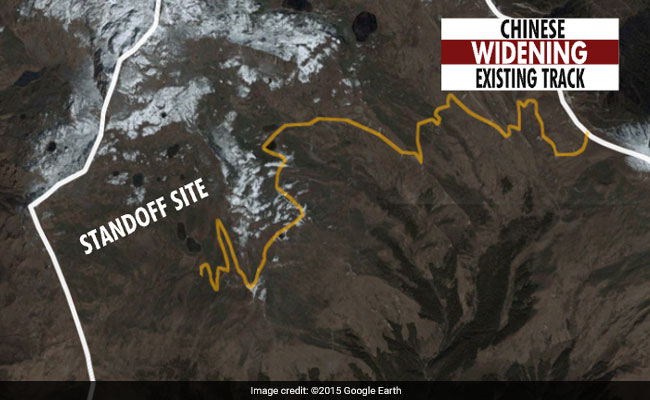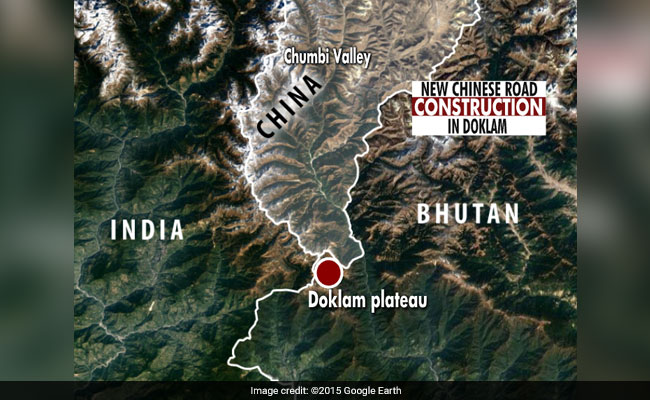SOURCE:
http://www.frontpagemag.com/fpm/262936/muslim-world-permanent-refugee-crisis-daniel-greenfield
http://www.frontpagemag.com/fpm/262936/muslim-world-permanent-refugee-crisis-daniel-greenfield
A Pragmatic Overview of Islamic Civil WarsByDaniel Greenfield
Shillman Journalism Fellow at the Freedom Centre
THIS IS NOT LOOKING GOOD FOR OUR GRANDCHILDREN AND THEIR CHILDREN
A pragmatic overview of what appears to be an insoluble problem affecting much of the world as we know it today?
“Forget the Syrian Civil War for a moment. Even without the Sunnis and Shiites competing to give each other machete haircuts every sunny morning, there would still be a permanent Muslim refugee crisis.
The vast majority of civil wars over the last ten years have taken place in Muslim countries. Muslim countries are also some of the poorest in the world. And Muslim countries also have high birth rates.
Combine violence and poverty with a population boom and you get a permanent migration crisis. No matter what happens in Syria or Libya next year, that permanent migration crisis isn't going away.
The Muslim world is expanding unsustainably. In the Middle East and Asia, Muslims tend to underperform their non-Muslim neighbours both educationally and economically. Oil is the only asset that gave Muslims any advantage and in the age of fracking, its value is a lot shakier than it used to be.
The Muslim world had lost its old role as the intermediary between Asia and the West. And it has no economic function in the new world except to blackmail it by spreading violence and instability.
Muslim countries with lower literacy rates, especially for women, are never going to be economic winners at any trade that doesn't come gushing out of the ground. Nor will unstable dictatorships ever be able to provide social mobility or access to the good life. At best they'll hand out subsidies for bread.
The Muslim world has no prospects for getting any better. The Arab Spring was a Western delusion.
Growing populations divided along tribal and religious lines are competing for a limited amount of land, power and wealth. Countries without a future are set to double in size.
There are only two solutions; war or migration. Either you fight and take what you want at home. Or you go abroad and take what you want there.
Let's assume that the Iraq War had never happened. How would a religiously and ethnically divided Iraq have managed its growth from 13 million in the eighties to 30 million around the Iraq War to 76 million in 2050? The answer is a bloody civil war followed by genocide, ethnic cleansing and migration.
What's happening now would have happened anyway. It was already happening under Saddam Hussein.
Baghdad has one of the highest population densities in the world, and it has no future. The same is true across the region. The only real economic plan anyone here has is to get money from the West.
Plan A for getting money out of the West is creating a crisis that will force it to intervene. That can mean anything from starting a war to aiding terrorists that threaten the West. Muslim countries keep shooting themselves in the foot so that Westerners will rush over to kiss the booboo and make it better.
Plan B is to move to Europe. What's This? And Plan B is a great plan. It's the only real economic plan that works. At least until the West runs out of native and naïve Westerners who foot the bill for all the migrants, refugees and outright settlers.
For thousands of dollars, a Middle Eastern Muslim can pay to be smuggled into Europe. It's a small investment with a big payoff. Even the lowest tier welfare benefits in Sweden are higher than the average salary in a typical Muslim migrant nation. And Muslim migrants are extremely attuned to the payoffs. It's why they clamor to go to Germany or Sweden, not Greece or Slovakia. And it's why they insist on big cities with an existing Muslim social welfare infrastructure, not some rural village.
A Muslim migrant is an investment for an entire extended family. Once the young men get their papers, family reunification begins. That doesn't just mean every extended family member showing up and demanding their benefits. It also means that the family members will be selling access to Europe to anyone who can afford it. Don't hike or raft your way to Europe. Mohammed or Ahmed will claim that you're a family member. Or temporarily marry you so you can bring your whole extended family along.
Mohammed gets paid. So does Mo's extended family which brokers these transactions. Human trafficking doesn't just involve rafts. It's about having the right family connections.
And all that is just the tip of a very big business iceberg.
Where do Muslim migrants come up with a smuggling fee that amounts to several years of salary for an average worker? Some come from wealthy families. Others are sponsored by crime networks and family groups that are out to move everything from drugs to weapons to large numbers of people into Europe.
Large loans will be repaid as the new migrants begin sending their new welfare benefits back home. Many will be officially unemployed even while unofficially making money through everything from slave labour to organized crime. European authorities will blame their failure to participate in the job market on racism rather than acknowledging that they exist within the confines of an alternate economy.
It's not only individuals or families who can pursue Plan B. Turkey wants to join the European Union. It's one solution for an Islamist populist economy built on piles of debt. The EU has a choice between dealing with the stream of migrants from Turkey moving to Europe. Or all of Turkey moving into Europe.
The West didn't create this problem. Its interventions, however misguided, attempted to manage it.
Islamic violence is not a response to Western colonialism. Not only does it predate it, but as many foreign policy experts are so fond of pointing out, its greatest number of casualties are Muslims. The West did not create Muslim dysfunction. And it is not responsible for it. Instead the dysfunction of the Muslim world keeps dragging the West in. Every Western attempt to ameliorate it, from humanitarian aid to peacekeeping operations, only opens up the West to take the blame for Islamic dysfunction.
The permanent refugee crisis is a structural problem caused by the conditions of the Muslim world.
The West can't solve the crisis at its source. Only Muslims can do that. And there are no easy answers. But the West can and should avoid being dragged down into the black hole of Muslim dysfunction.
Even Germany's Merkel learned that the number of refugees is not a finite quantity that can be relieved with a charitable gesture. It's the same escalating number of people that will show up if you start throwing bags of money out of an open window. And it's a number that no country can absorb.
Muslim civil wars will continue even if the West never intervenes in them because their part of the world is fundamentally unstable. These conflicts will lead to the displacement of millions of people. But even without violence, economic opportunism alone will drive millions to the West. And those millions carry with them the dysfunction of their culture that will make them a burden and a threat.
If Muslims can't reconcile their conflicts at home, what makes us think that they will reconcile them in Europe?
Instead of resolving their problems through migration, they only export them to new shores. The same outbursts of Islamic violence, xenophobia, economic malaise and unsustainable growth follow them across seas and oceans, across continents and countries.
Distance is no answer. Travel is no cure. Solving Syria will solve nothing. The Muslim world is full of fault lines. It's growing and it's running out of room to grow. We can't save Muslims from themselves. We can only save ourselves from their violence.
The permanent Muslim refugee crisis will never stop being our crisis unless we close the door.








